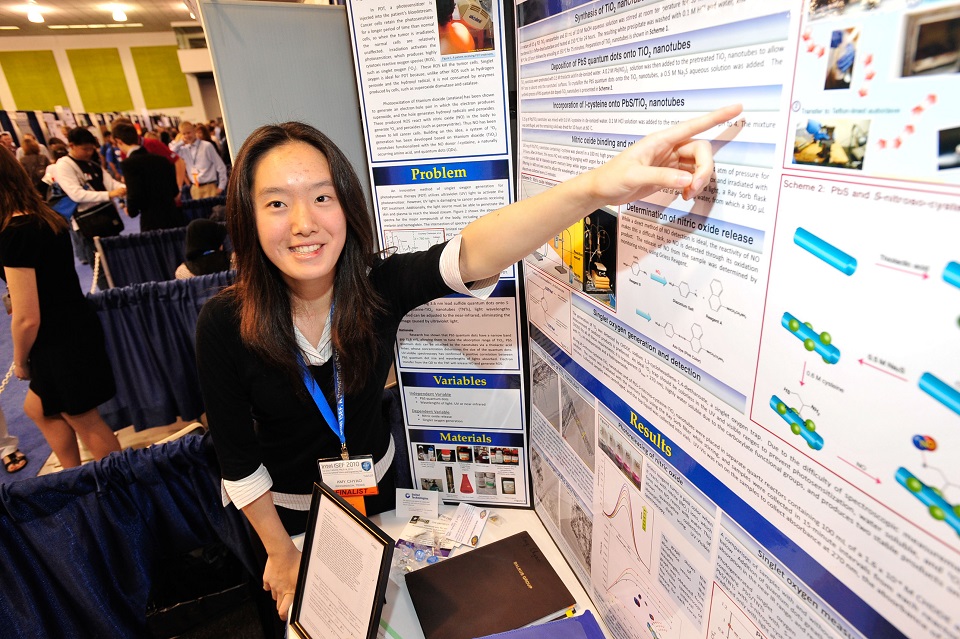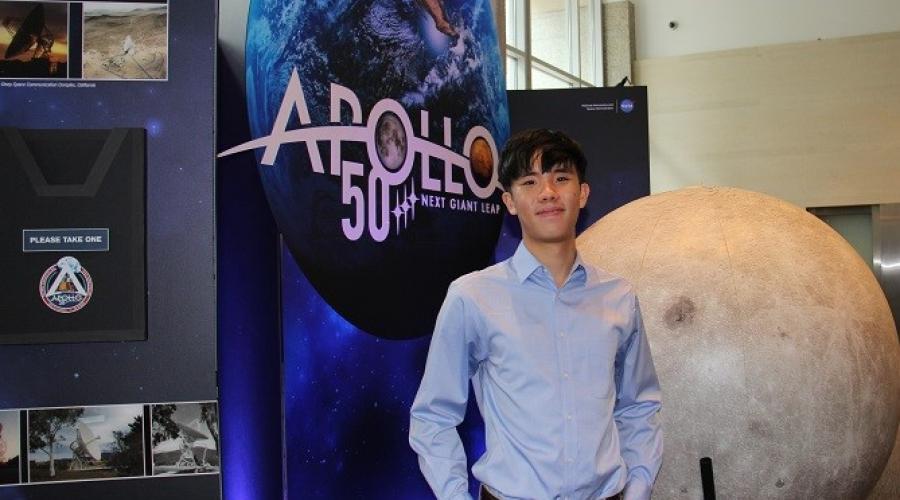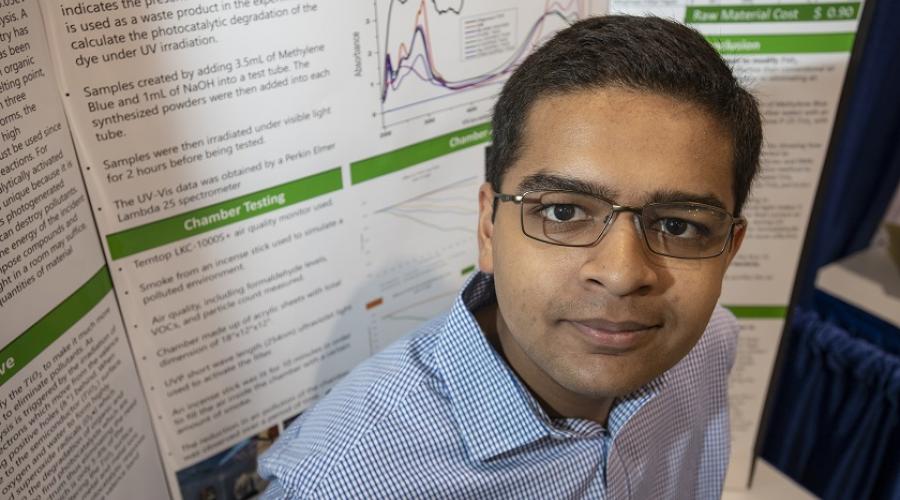Drexel University Provides Scholarships at Intel ISEF for 16th Consecutive Year
Drexel University, located in Philadelphia, Pennsylvania has provided eight full scholarships at the Intel International Science and Engineering Fair (Intel ISEF) for the past 16 years. Scholarships are renewable for up to 5 years pending maintenance of a 3.0 GPA and full-time status. Each scholarship is valued at $150,000. In 2011, six of the eight awardees applied for admission at Drexel.
By Henry Disston, President and Director, Delaware Valley Science Fairs, Inc.
Can you tell us about your organization and why scientific research is important to it?
Drexel University is recognized for its focus on experiential learning through co-operative education, its commitment to cutting-edge academic technology, and its growing enterprise of use-inspired research. The Academy of Natural Science of Drexel University is America’s oldest natural history museum and a world leader in biodiversity and environmental research.
Drexel has been offering full scholarships at the Intel International Science and Engineering Fair (Intel ISEF) since 1996, because we believe these research oriented students would be a perfect fit for Drexel’s undergraduate student body.
Why do you think it’s important for students to participate in events such as the Intel ISEF?
It is important for students to participate in events like this because programs like local science fairs and the Intel ISEF encourage students to think and solve problems. Unfortunately, there is too much emphasis on testing. Today’s students are focused on memorizing content and are missing out on the joys of research and discovery. It is unfortunate that young people are not encouraged to do research, because it is today’s student research that will lead to future innovations.
What impact do you think you, as an organization that provides awards, have on students interested in scientific research?
By providing awards and recognition, we hope that we can encourage students to continue with STEM education and show them the exciting opportunities available to them.
What are the elements of a good science fair project?
A good project is one that can foster further research. Drexel focuses on all areas of STEM education. This year, Drexel, in conjunction with the Academy of Natural Sciences, has initiated a new Department of Biodiversity, Earth & Environmental Sciences (BEES). The philosophy of the department is “Experiential Learning Early and Often.” This is the area that Drexel focused on in awarding scholarships at Intel ISEF 2012.
Do you have any advice for young students interested in pursuing science?
The only advice I can offer to students is to pursue STEM education. I tell them that doors will open that they never knew existed. For organizations, supporting Intel ISEF is an investment in the future. This county needs a science literate workforce and your support will enable this county to compete globally through innovation.
Most Recent Winners:
Winners of full scholarships to Drexel University in 2012 were Holly Flann from North Logan, Utah for “Investigation Rhacodactylus gecko Adhesion Using Computer Image Analysis,” Vincent O’Leary from Wheeling, West Virginia for “We Come in Peace! Orconectes rusticus Displays Minimally Aggressive Behaviors When Competing with Appalachian Crayfish in Mesocosms,” Nicolena Stiles from Roanoke, Virginia for “The Ability of Trained Bees to Detect Volatile Substances,” Gina Biddick from Lafayette, Louisiana for “Non-Point vs. Point-Source Pollution: Water Quality Assessment of the Vermilion River with Various Climate Conditions,” Aimee Turner from Louisville, Kentucky for “Record Flood Impacts on Biodiversity in Upper Green River, Kentucky,” Christopher Wan from West Palm Beach, Florida for “Modeling Salinity to Evaluate Saltwater Intrusion: A Case Study of the Loxahatchee River,” Conrado Asenjo from San Juan, Puerto Rico for “Electrical Conductivity as a Simple Cost-Effective Indicator of Heavy Metal Water Pollution,” and Michelle Chin from Melbourne, Florida for “Phytoremediation: A Comparative Study of Selenium Metabolism in Conjunction with ATP Sulfurylase Activity in Organic and Transgenic Crops Year III.”



